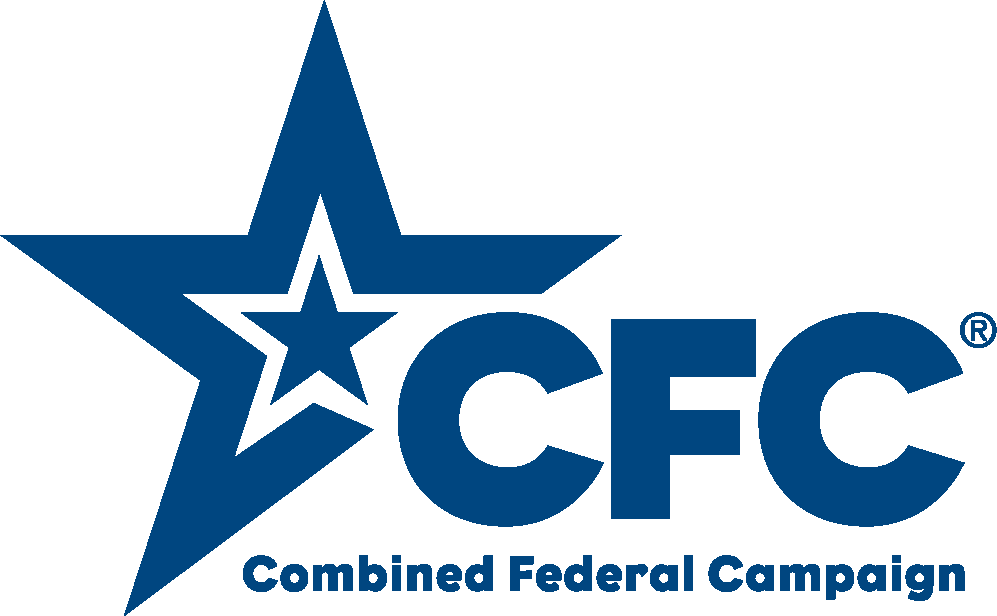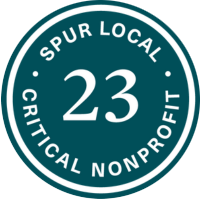On the Tipped Wage Workers Fairness Amendment Act of 2018 (B22-0913)
My name is Rabbi Elizabeth Richman and I am rabbi in residence and deputy director of Jews United for Justice. I represent a community of thousands of Jews and allies of all ages, backgrounds, and ethnicities who work together for economic, racial, and social justice in partnership with other local organizations and communities of color. I am here to ask you to uphold the democratic process and to end the sub-minimum tipped wage.
Here we are between Rosh Hashanah and Yom Kippur – in the Jewish tradition this is a time to reflect on our past failures, make amends to those we have harmed, and commit ourselves to doing better.
With more than half the District’s tipped workers earning less than the required minimum wage on average, our two-tier wage system- and the wage theft and other abuses it enables- has harmed thousands of hard-working people and their families. As many are saying today, and as the majority of District voters told you, we need to end the sub-minimum tipped wage.
Some here today say that the system works, for them. I am grateful for this and for the business owners who follow the law, tracking their employees’ tips and topping off their paychecks when they fall short. But the data, and the stories from too many other tipped workers I’ve known, tell another story.
That story is that many employers are not following the law, and too many employees are living in poverty as a result. Some today have called for better enforcement of our existing laws. But promises of more enforcement alone have simply not worked. We need a system that doesn’t require the kind of enforcement we can’t provide.
I want to be clear that gradually eliminating the sub-minimum tipped wage does represent a major change for the District, and I want to acknowledge that serious change can be hard and anxiety-provoking. But change that benefits the poorest people in our society is change worth making, especially when the data indicate that our city will emerge stronger on the other side.
To the dozens of servers and business owners in this room who, because of what you’ve been told by the architects of the Vote No on 77 campaign, are worried about your livelihoods, we see you. My organization cares deeply about working people in the District. It is a core part of our mission. And what we see in the data leads us to believe that upholding Initiative 77 represents an opportunity and not the disaster you’ve been warned about.
Seven states, including the entire West Coast, already have one equal wage, and copious data show hospitality industries there are thriving. Servers in states with one fair wage have not lost their tips and in fact make more money. People who like a nice meal out have not stopped tipping. I wouldn’t stop tipping. Would you? It’s worth remembering that industry spokespeople also said the sky would fall when DC banned smoking in restaurants and expanded paid leave. And yet, our restaurant industry is thriving.
As we approach Yom Kippur, the day of atonement, my tradition teaches that we are all part of a society that must atone collectively for where we have gone wrong. It’s an appropriate time reflect on the ways we’ve gotten too comfortable with the existence of poverty-wage jobs and with the ways we’ve resisted policies we know would lift up poor people in our city. DC voters have told you that they are not comfortable with the status quo, that they want tipped workers to get paid fairly. We want to work with you and all reasonable partners to make that a reality.




